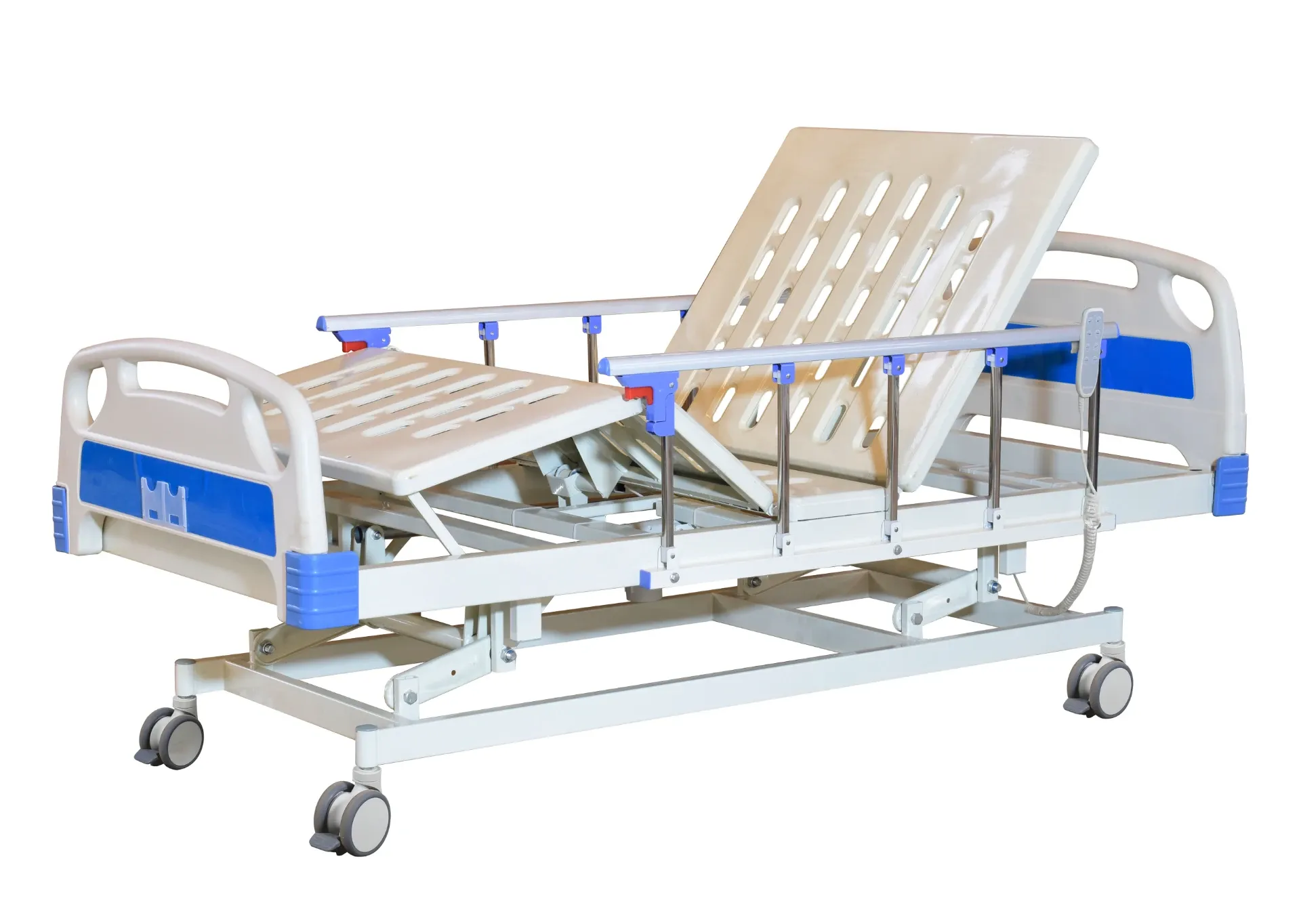Welcome to our websites!
Assessing Hospital Bed Availability and Utilization Across Healthcare Facilities
The Importance of Hospital Beds in Modern Healthcare
In today’s rapidly evolving healthcare landscape, hospital beds serve as a crucial element in patient care, influencing both recovery outcomes and healthcare efficiency. As the demand for healthcare services escalates due to an aging population and widespread health challenges, the significance of effective hospital bed management cannot be overstated.
Understanding Hospital Beds and Their Role
Hospital beds are much more than mere pieces of furniture; they are specialized medical equipment designed to meet the unique needs of patients. These beds are adjustable, allowing for modifications in height and position to enhance comfort and facilitate specific medical treatments. Features such as side rails, built-in scales, and even integrated monitoring systems play a significant role in ensuring patient safety and ease of care.
In acute care settings, the availability and quality of hospital beds can directly affect patient outcomes. For instance, properly equipped beds help prevent complications such as pressure ulcers, which are prevalent among immobile patients. The design of hospital beds also facilitates better care coordination, enabling nurses and medical staff to attend to multiple patients efficiently.
The Demand for Hospital Beds
The demand for hospital beds has surged, particularly during global health crises like the COVID-19 pandemic. Hospitals worldwide faced immense pressure to increase bed capacity and ensure that facilities were adequately equipped to handle surges in patient numbers. This highlights the need for strategic planning and investment in infrastructure, as a robust supply of hospital beds can be a determining factor in a healthcare system’s ability to respond to emergencies.
Furthermore, with the rising prevalence of chronic diseases and an aging population, healthcare providers are exploring innovative solutions to enhance bed utilization. Telemedicine and home healthcare models are gaining traction, allowing for a reduction in the strain on hospital resources by providing care where it is needed most.
abs hospital bed

Challenges in Hospital Bed Management
Despite their importance, hospital bed management poses significant challenges. One persistent issue is the efficiency of bed turnover rates. The time it takes to clean and prepare a bed for new patients can result in bottlenecks, delaying admissions and potentially compromising patient care. Implementing streamlined cleaning protocols and adopting technology solutions for real-time bed tracking can significantly improve turnaround times.
Moreover, the allocation of beds across various departments within a hospital can be a complex task. Balancing the availability of beds in intensive care units (ICUs), maternity wards, and general medical units requires careful planning and resource management. Hospitals have increasingly turned to data analytics to predict trends and better allocate beds where they are needed most.
The Future of Hospital Beds
Looking ahead, the future of hospital beds is poised for transformation. Advances in technology are leading to the development of “smart beds” equipped with sensors that can monitor patients’ vital signs, detect falls, and even adjust their position autonomously. These innovations not only enhance the safety and comfort of patients but also empower healthcare providers with real-time data to make informed decisions regarding care.
As healthcare systems continue to evolve, the focus on enhancing the quality and accessibility of hospital beds will remain paramount. Collaborative efforts among healthcare providers, policymakers, and technology innovators will play a critical role in shaping the future of hospital infrastructure, ensuring that every patient receives the high-quality care they deserve.
Conclusion
In conclusion, hospital beds are essential components of modern healthcare systems, influencing both patient outcomes and the operational efficiency of medical facilities. As demand increases and the landscape of healthcare continues to change, effective management of hospital beds will be crucial in meeting the needs of patients and healthcare providers alike. Through continued innovation and strategic planning, we can ensure that hospital beds remain a key enabler of high-quality medical care in the future.
-
Transforming Healthcare with Hospital FurnitureNewsJun.24,2025
-
Rehabilitation EquipmentNewsJun.24,2025
-
Mobility and Independence with WheelchairsNewsJun.24,2025
-
Freedom of Mobility with Our Rollator WalkersNewsJun.24,2025
-
Comfort and Independence with Commode ChairsNewsJun.24,2025
-
Bathing Safety and Independence with Shower ChairsNewsJun.24,2025
-
Navigating the Wholesale Landscape of Electric Mobility Solutions: Key Considerations for Power Wheelchair DealersNewsJun.10,2025











